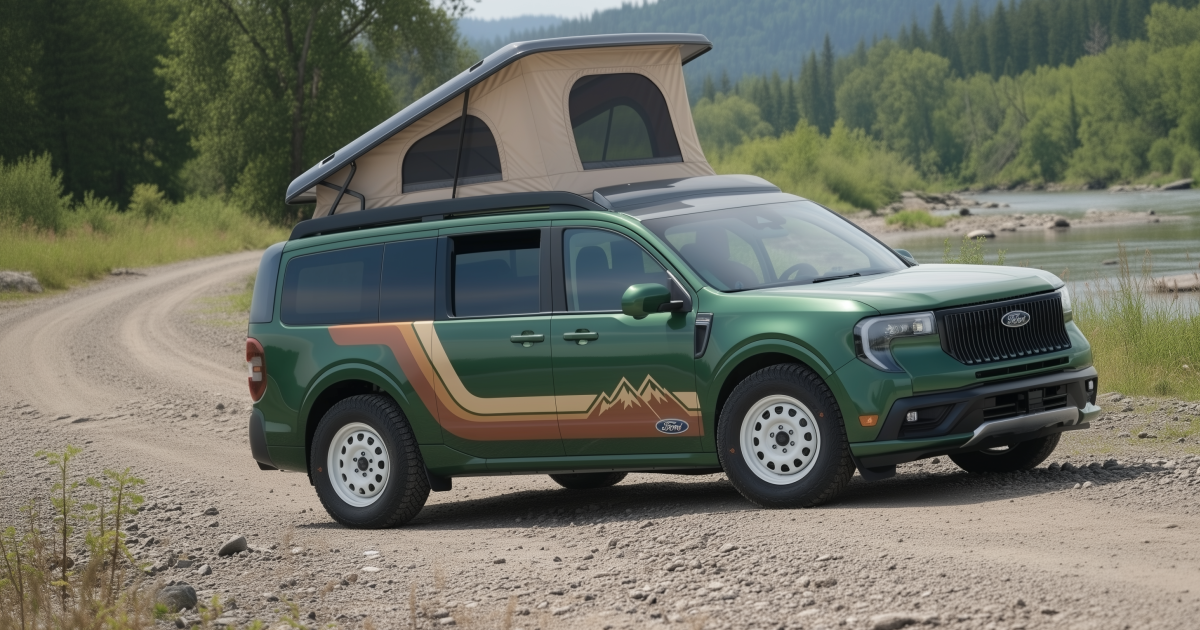
"With rising global housing costs and jobs increasingly transitioning to remote employment, the "digital nomad" has become a popular occupation type for people seeking remote work that allows them to stay moving, never stuck in just one location. As a result, van culture has seen a major resurgence, and in a very different way, shape, and form than what was popular way back in the 1970s, what with porthole windows and flashy graphics. These days, van culture values capability-a van's ability to tackle harsh terrain just as well as it handles lengthy highway stretches-and spaciousness. After all, people are planning to actually live in these vans for prolonged periods of time, rather than just spend a brief sunny afternoon lounging in one by the beach."
"Massive, decked-out Mercedes-Benz Sprinter vans perfectly encapsulate what modern van culture is all about. Four-wheel drive, a commodious interior, plenty of rooftop storage space, and all the off-road gear you can find are necessary for a van to not only stand out and draw attention, but also for it to be genuinely capable on long-distance adventures and exploration journeys."
Rising global housing costs and the spread of remote work have made digital nomadism more common, driving renewed interest in van-based living. Modern van culture prioritizes off-road capability, interior spaciousness, and storage to support long-term occupancy instead of brief recreational use. High-end conversions like four-wheel-drive Mercedes‑Benz Sprinters demonstrate these priorities with commodious interiors, rooftop storage, and expedition gear but come at high cost. The larger Ford Transit offers a lower-cost alternative yet remains expensive. Reviving a smaller Transit Connect on an affordable platform could create a versatile, budget-friendly adventure van niche.
Read at Autoblog
Unable to calculate read time
Collection
[
|
...
]